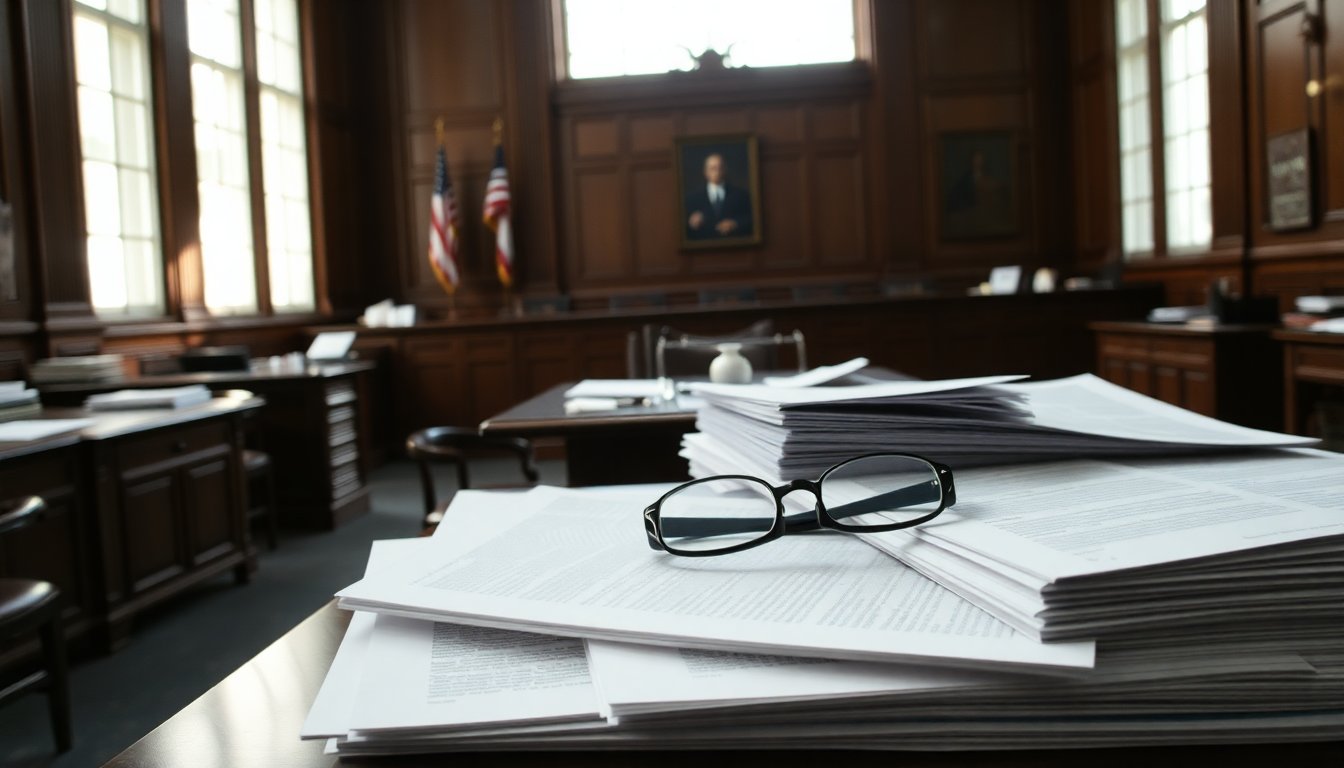Table of Contents
In the complex landscape of American politics, former FBI Director James Comey and New York Attorney General Letitia James face significant legal challenges. Both have been indicted on charges they claim are motivated by political retribution rather than valid legal reasons. As they work to have these charges dismissed, critical issues surrounding legal appointments and the role of the Justice Department come to the forefront.
Political motivations behind the indictments
Comey and James argue that their indictments are not coincidental but part of a larger campaign orchestrated by Donald Trump against perceived opponents. They claim that the attorney responsible for these indictments, Lindsey Halligan, was improperly appointed following a series of political maneuvers by Trump’s administration. This assertion is based on the swift succession of appointments that occurred after Erik Siebert resigned as the interim U.S. Attorney for the Eastern District of Virginia.
Timeline of events leading to the indictments
Days before Comey’s indictment for allegedly making a false statement and obstructing Congress, Siebert resigned under pressure. This resignation raised eyebrows among many Democrats. Following Siebert’s departure, Halligan was quickly appointed by Attorney General Pam Bondi. This appointment came shortly after Trump expressed frustration over the perceived inaction against Comey and James, stating, “justice must be served, now.” This situation prompts significant questions regarding the motivations and legality of Halligan’s swift appointment.
Legal implications of Halligan’s appointment
The defense argues that Halligan’s appointment breaches federal law, which specifies the appointment powers of U.S. attorneys. The legal teams for Comey and James contend that the law allows for only one interim appointment lasting no more than 120 days. They assert that any additional appointments should be made by federal judges rather than the Attorney General, raising questions about the validity of Halligan’s position in these cases.
Judicial scrutiny of the prosecution’s actions
During a recent hearing, U.S. District Judge Cameron Currie expressed skepticism regarding the Justice Department’s defense of Halligan’s appointment. She revealed her intention to issue a ruling on the matter before the Thanksgiving holiday. The judge underscored the necessity of adhering to established legal frameworks. Her concerns intensified following the disclosure that a portion of the grand jury proceedings in the Comey case was missing, raising significant questions about the procedural integrity of the indictment process.
Broader context of political influence
Legal battles highlight political implications
The ramifications of these legal disputes extend beyond the individuals involved. The case illustrates a concerning trend where the Justice Department may be perceived as a tool for political retribution. Critics, including former FBI officials, have voiced their concerns regarding Halligan’s appointment. They argue that bypassing standard appointment protocols undermines the integrity of the judicial system. This sentiment is shared by numerous legal analysts who caution that such actions could establish a perilous precedent for future administrations.
As Comey and James grapple with the complexities of their respective charges, the debates surrounding Halligan’s appointment highlight the fragile relationship between law and politics in the U.S. system. The outcomes of these cases could have enduring implications for how political figures are prosecuted and the degree to which legal systems are influenced by political agendas.
The indictments against Comey and James raise important legal and ethical questions. They focus on the use of prosecutorial powers and the risk of political motivations affecting judicial processes. As the case progresses, it will be essential to see how the courts tackle these critical issues and what implications they hold for legal accountability in politics.


